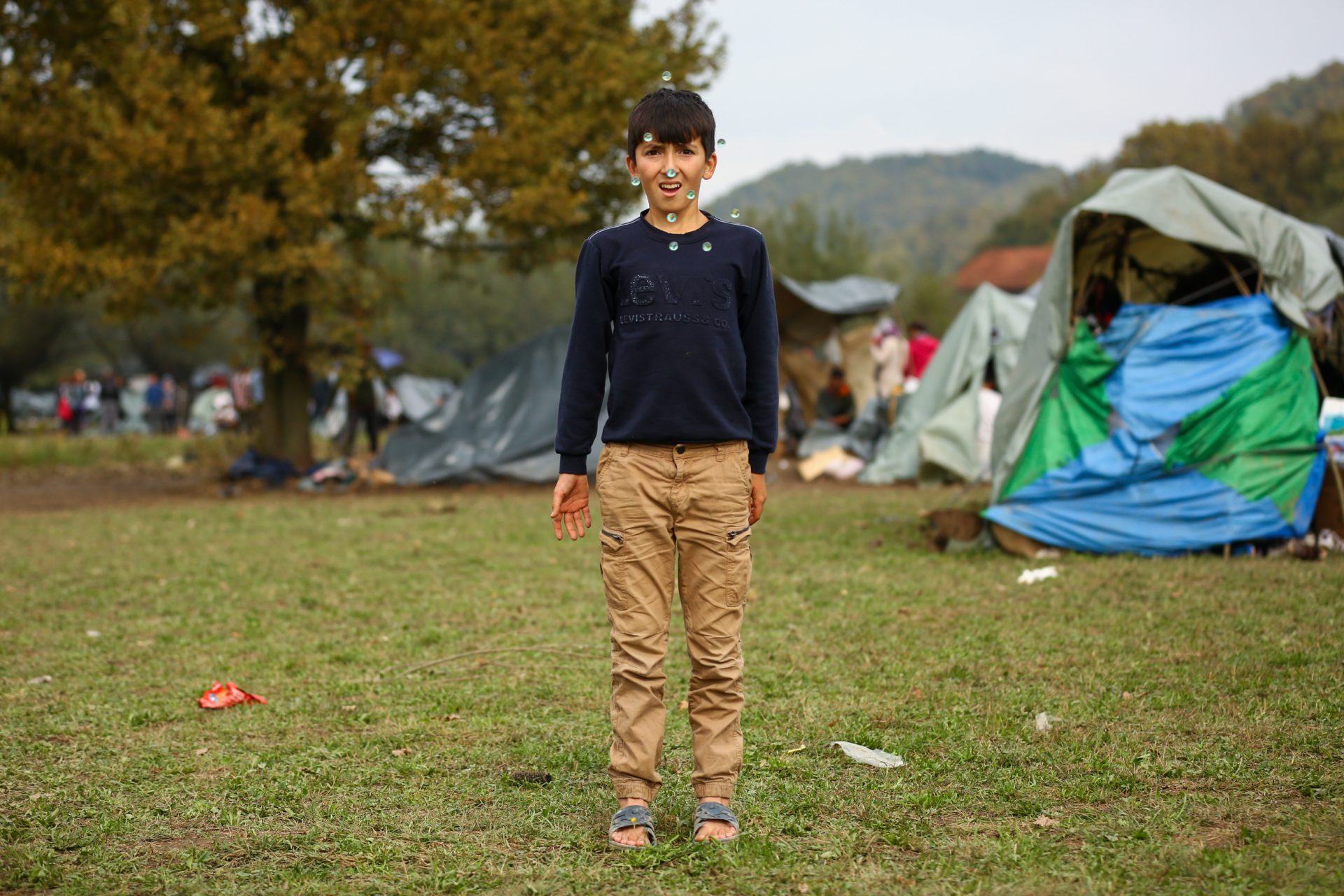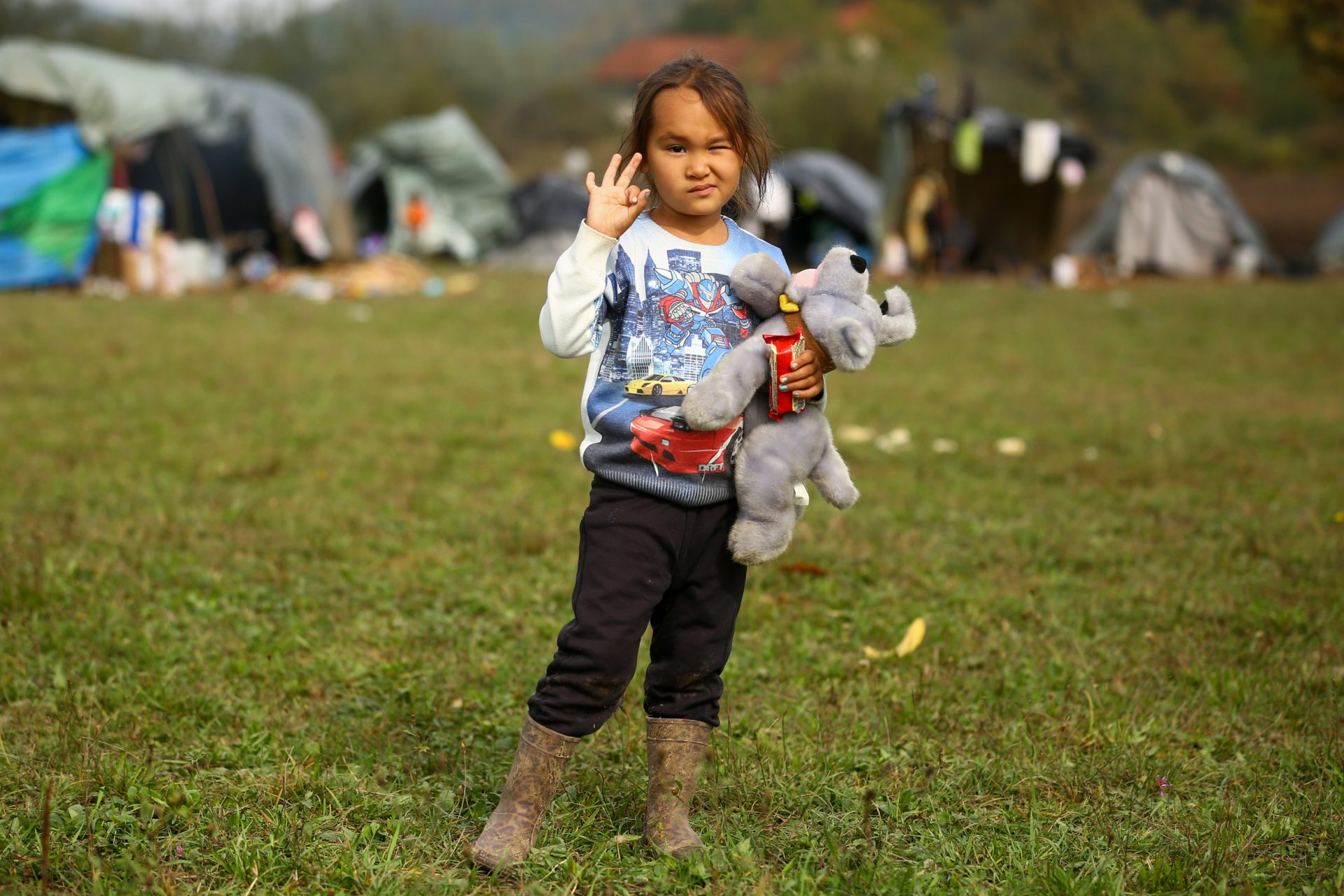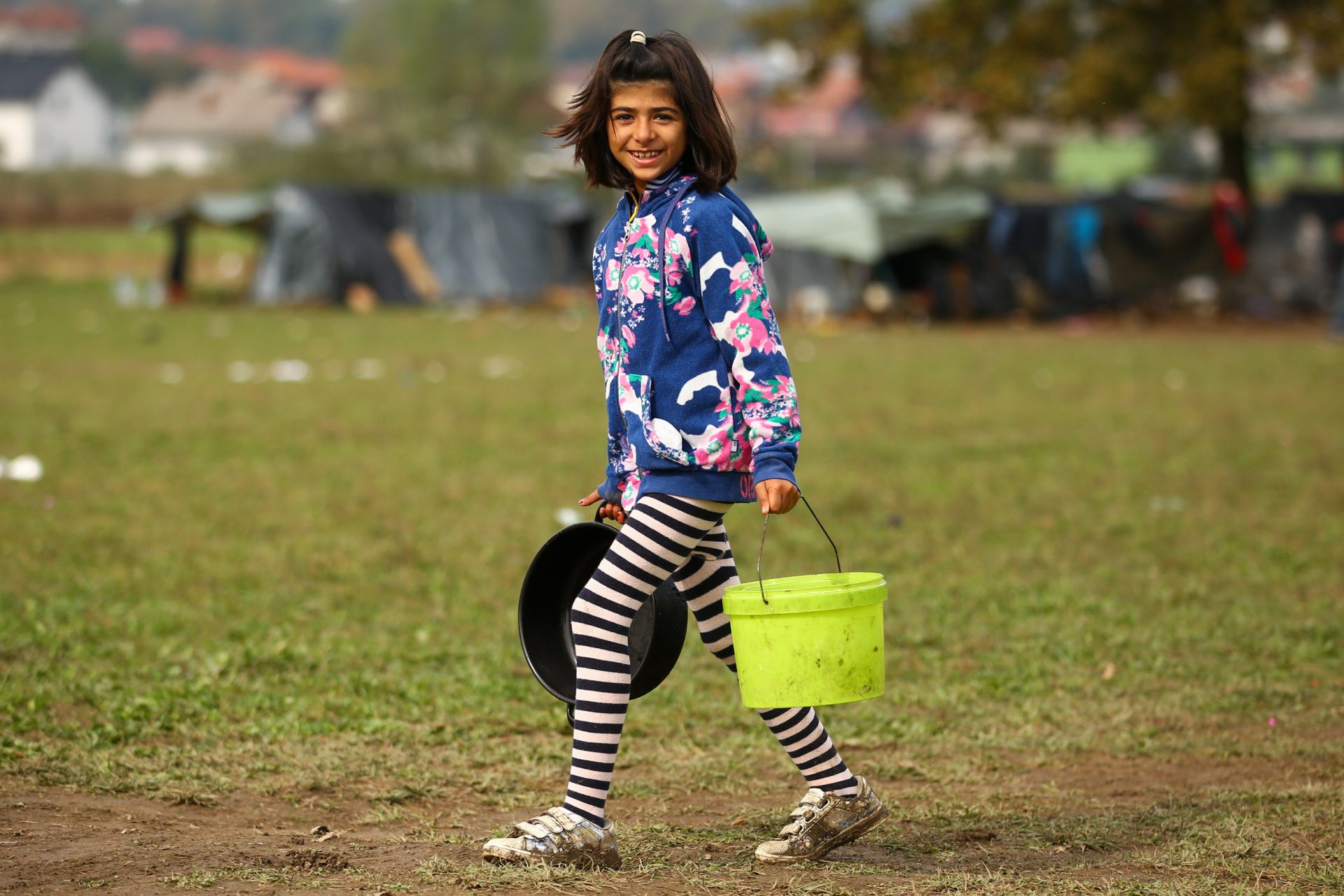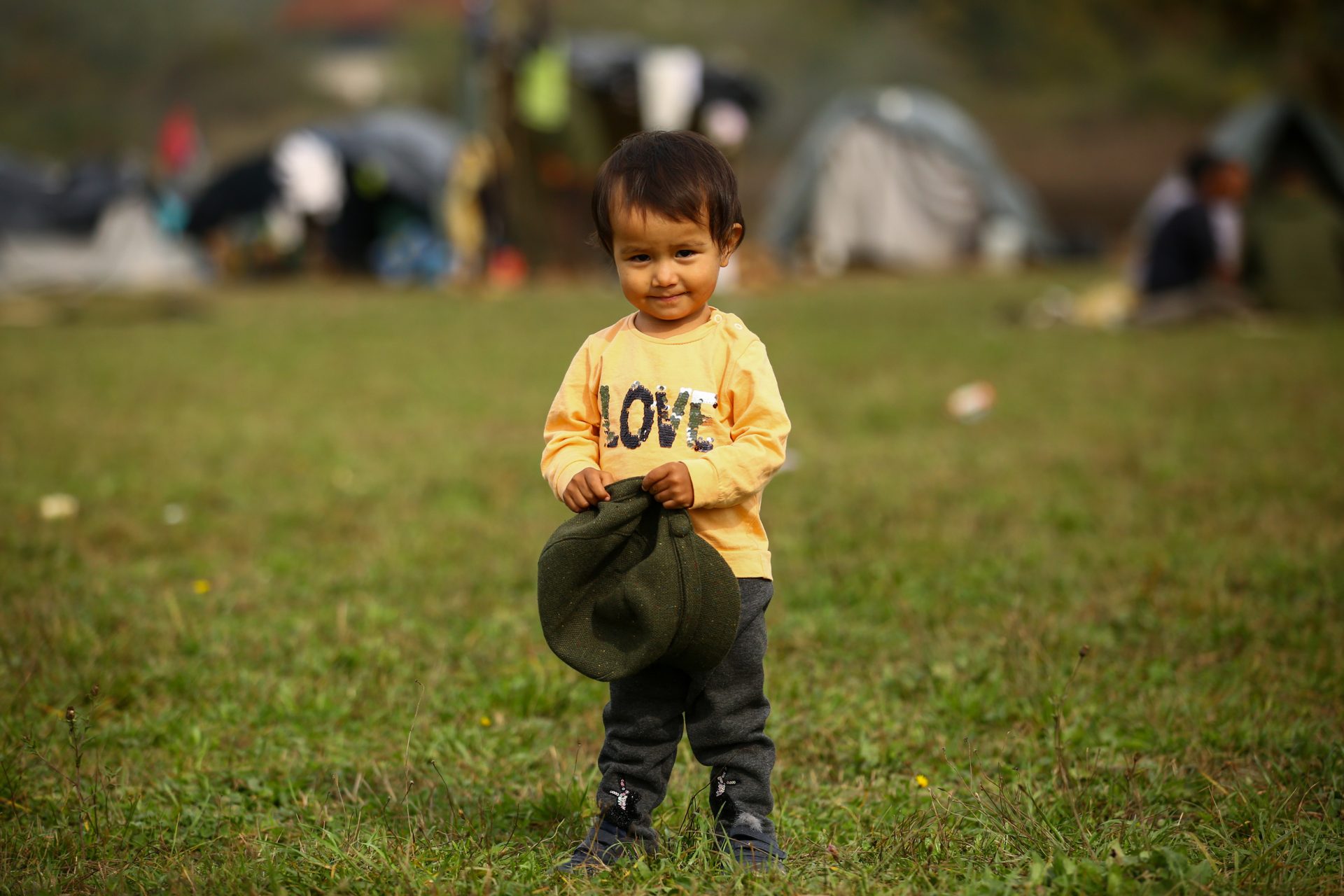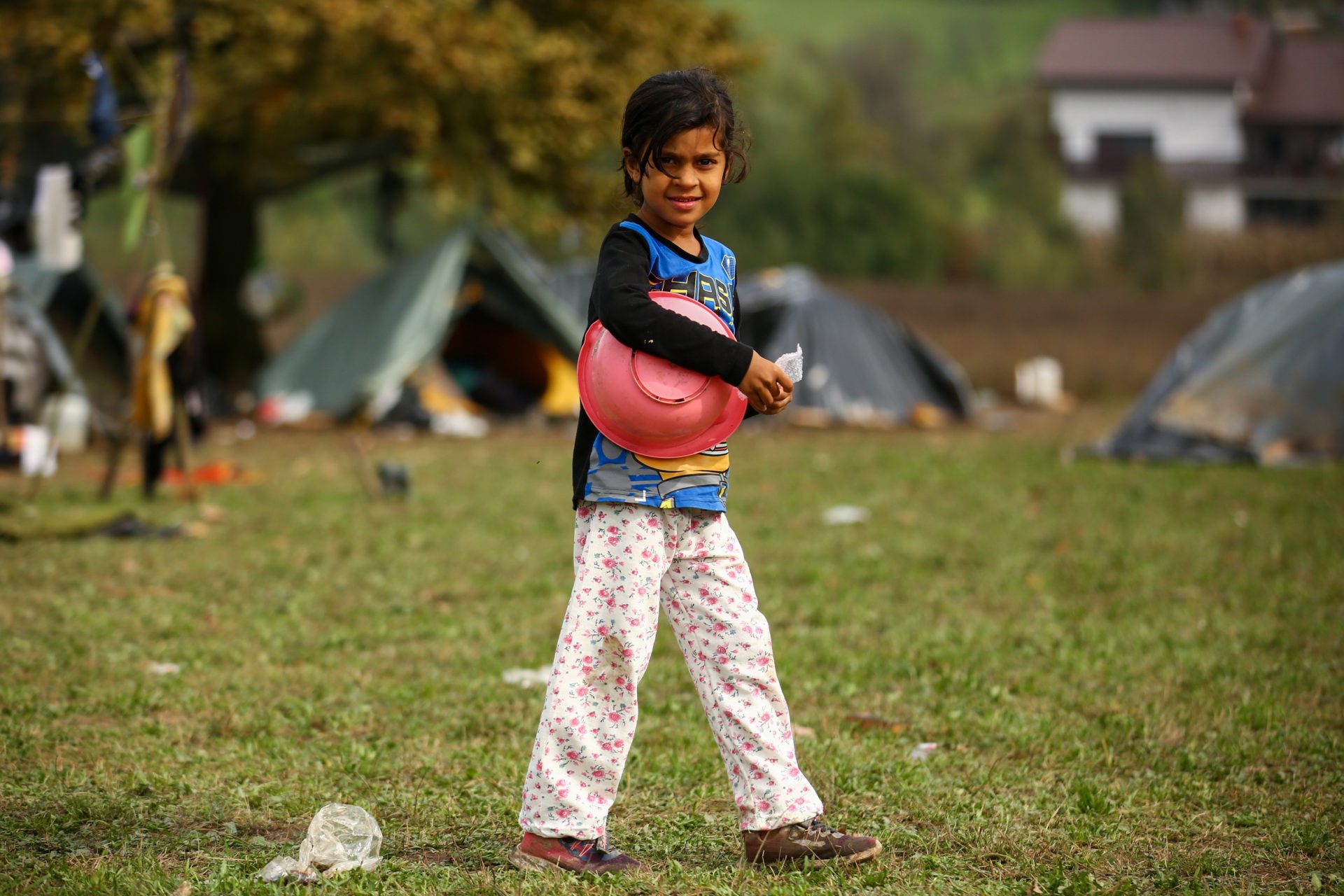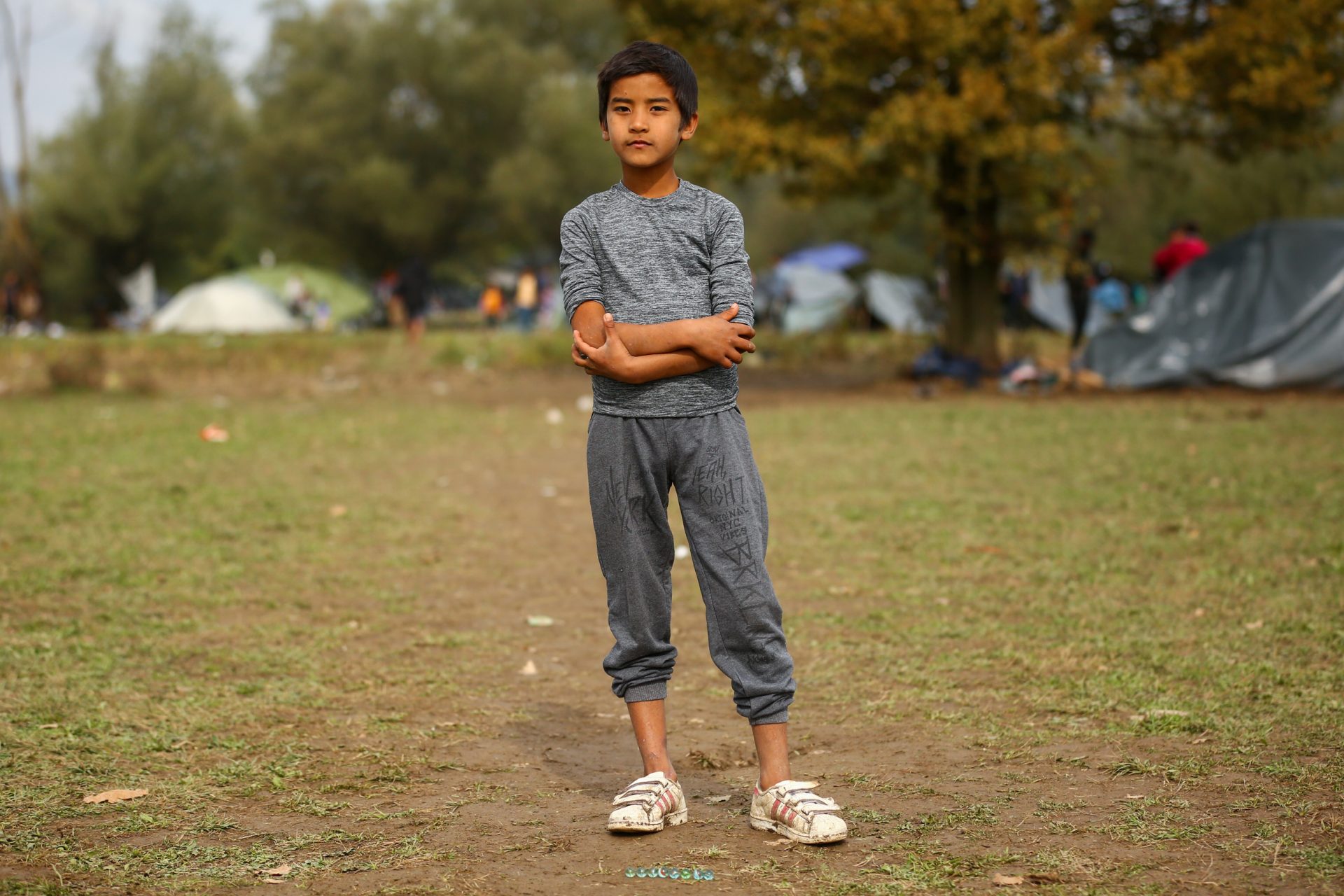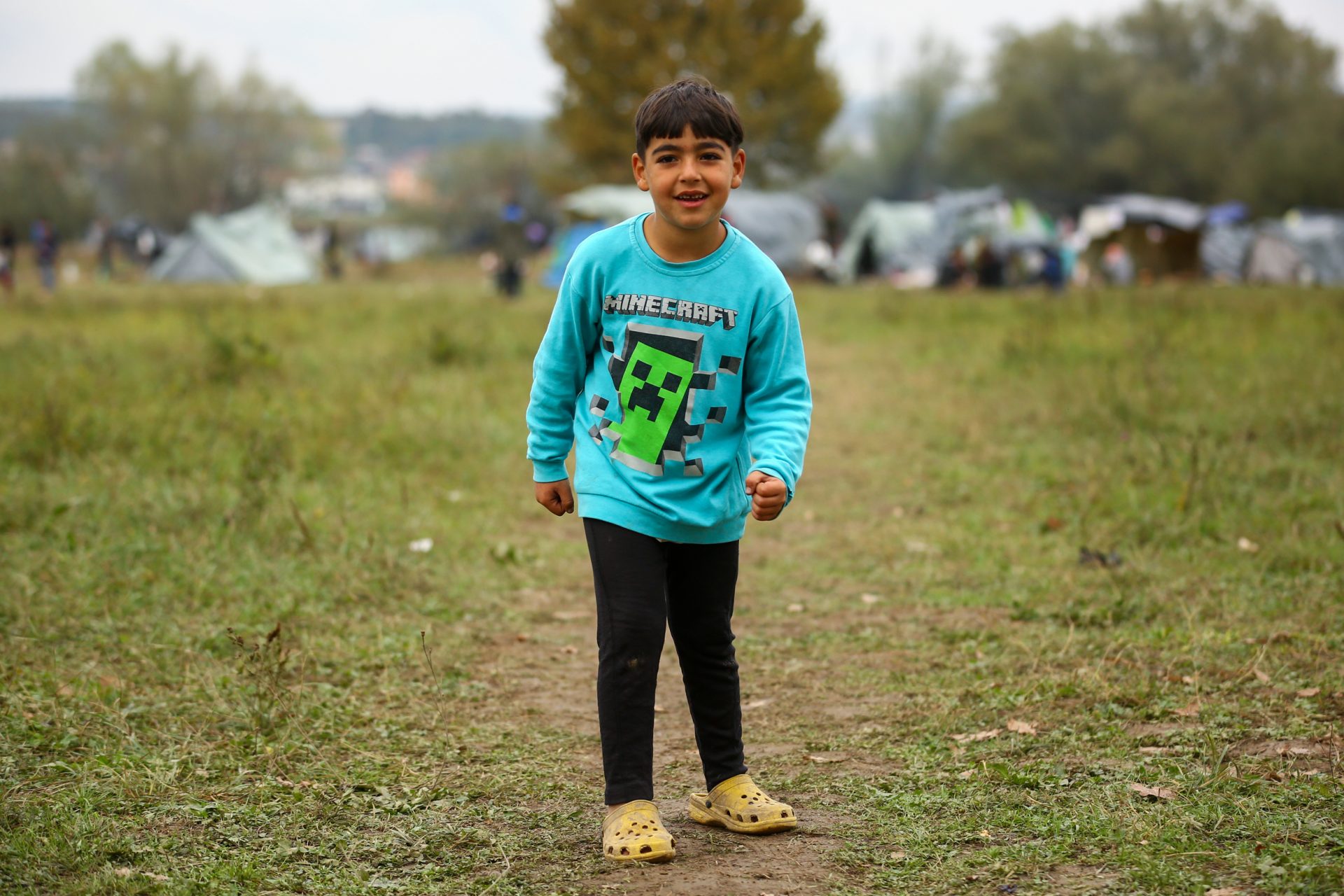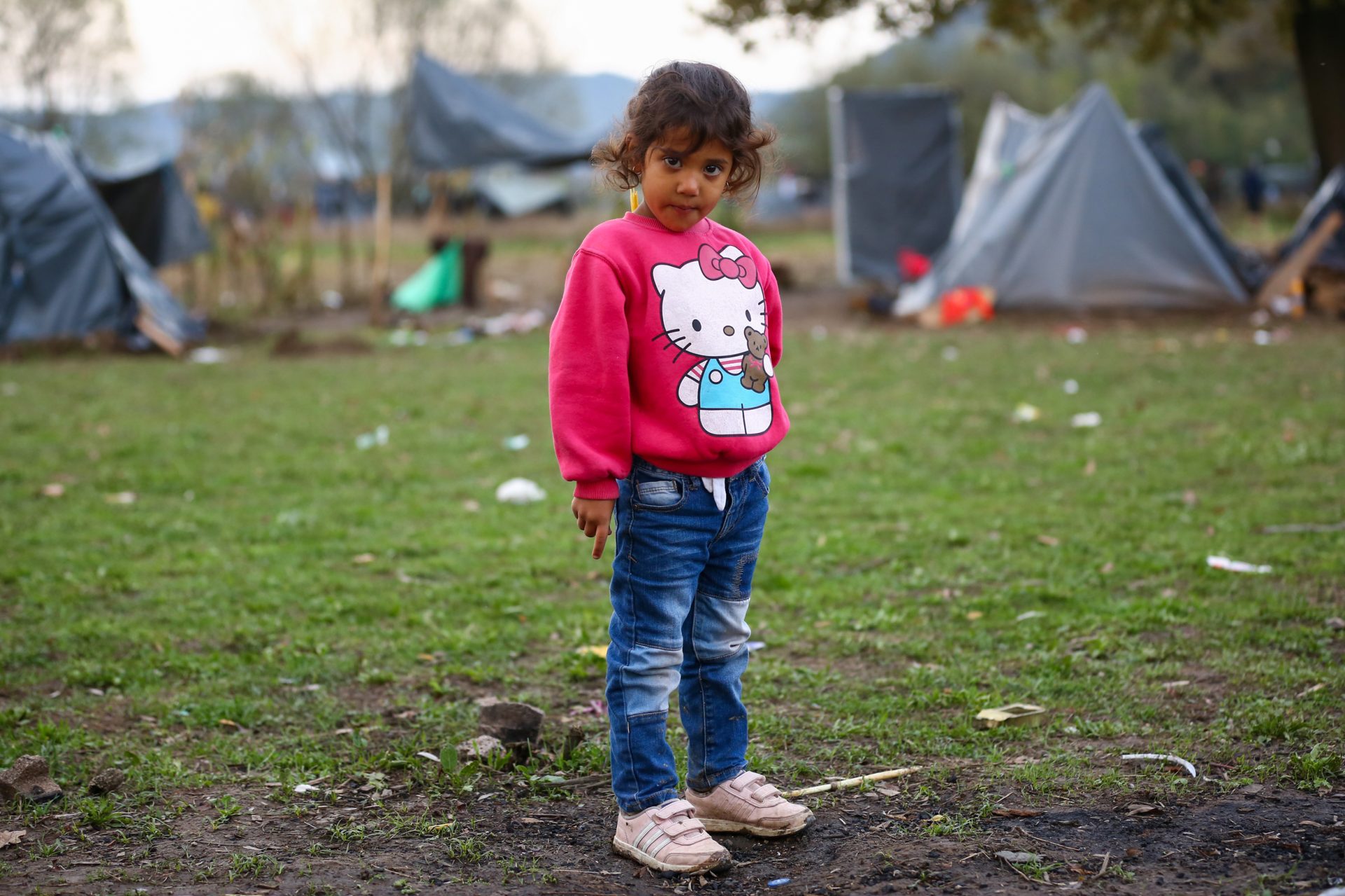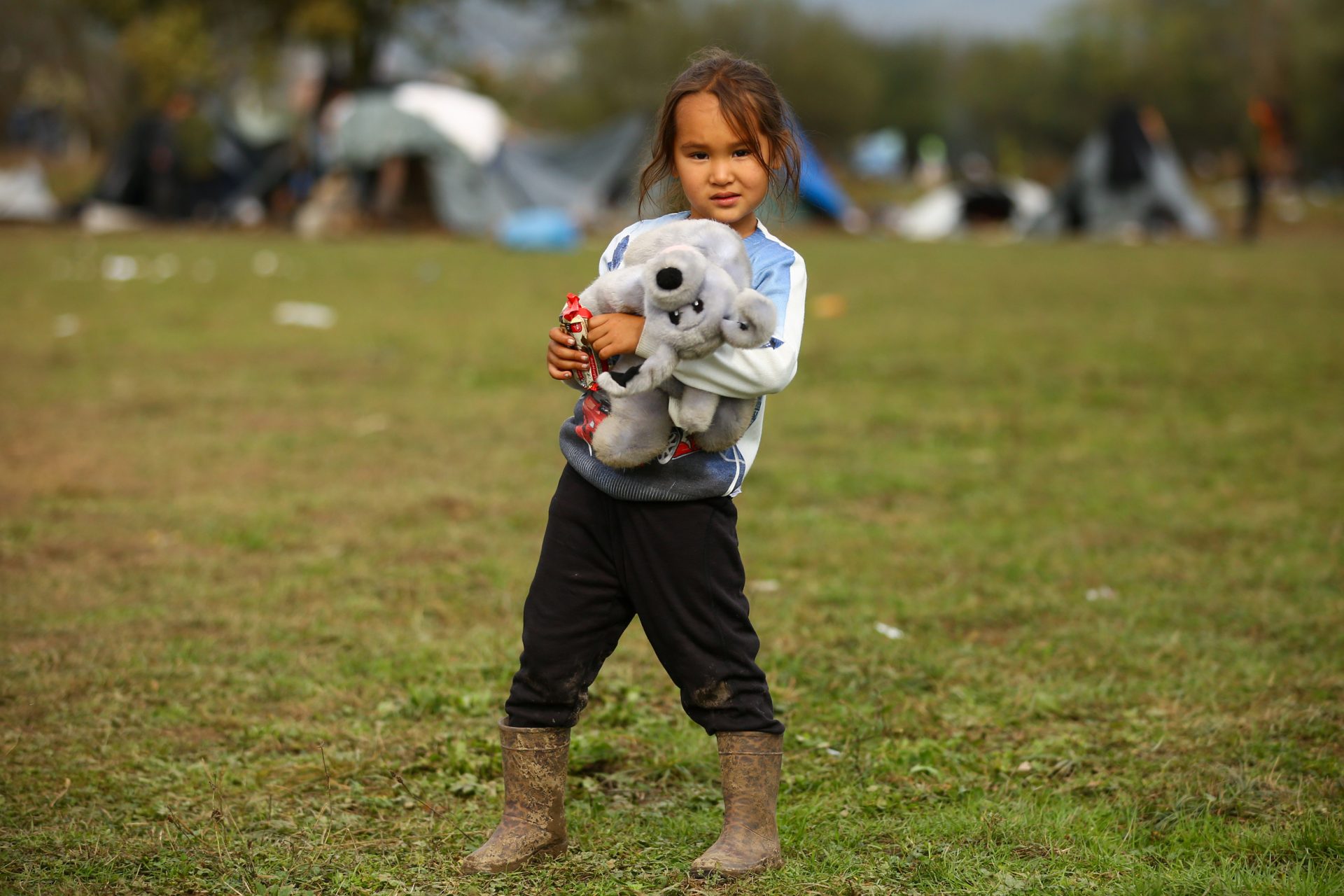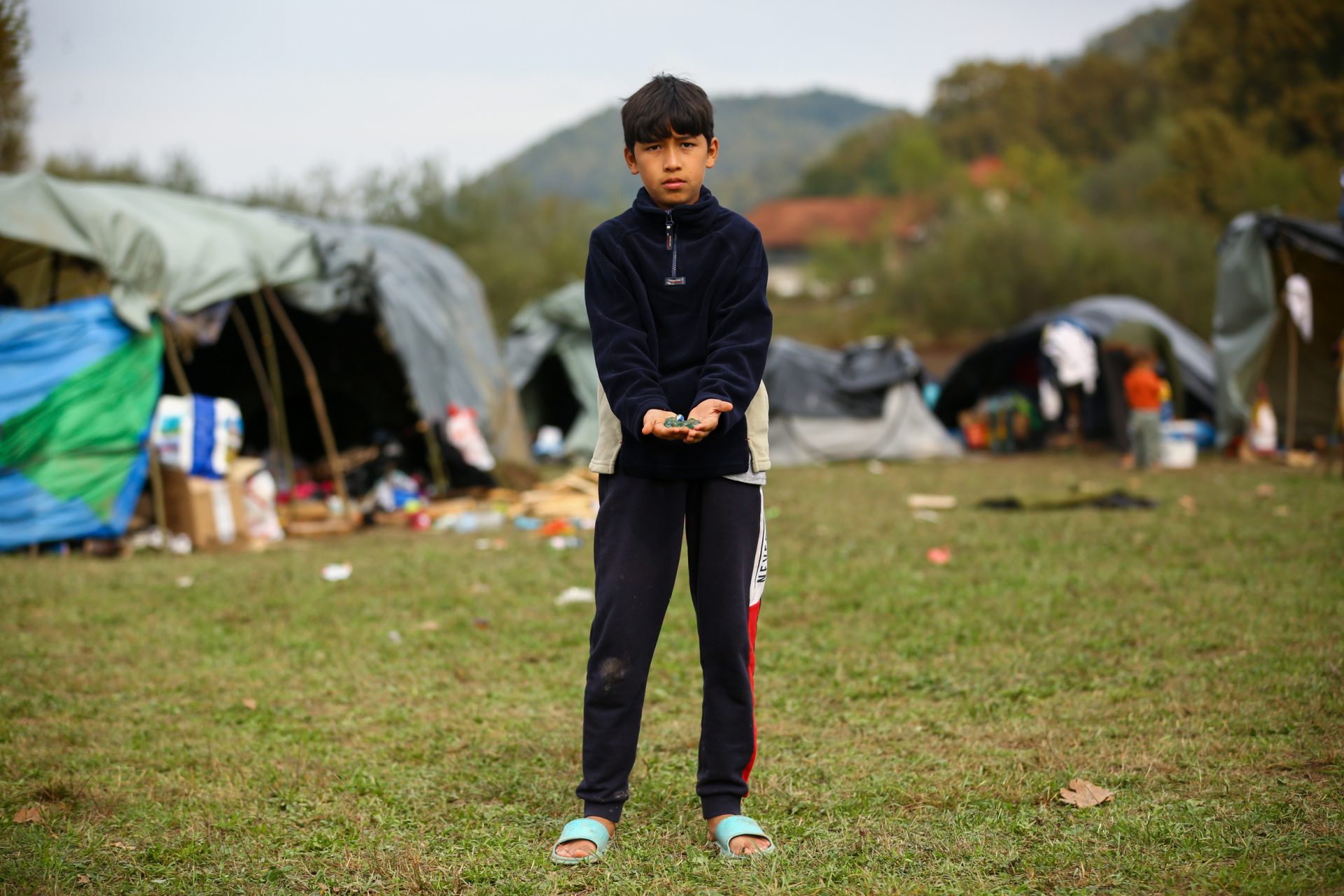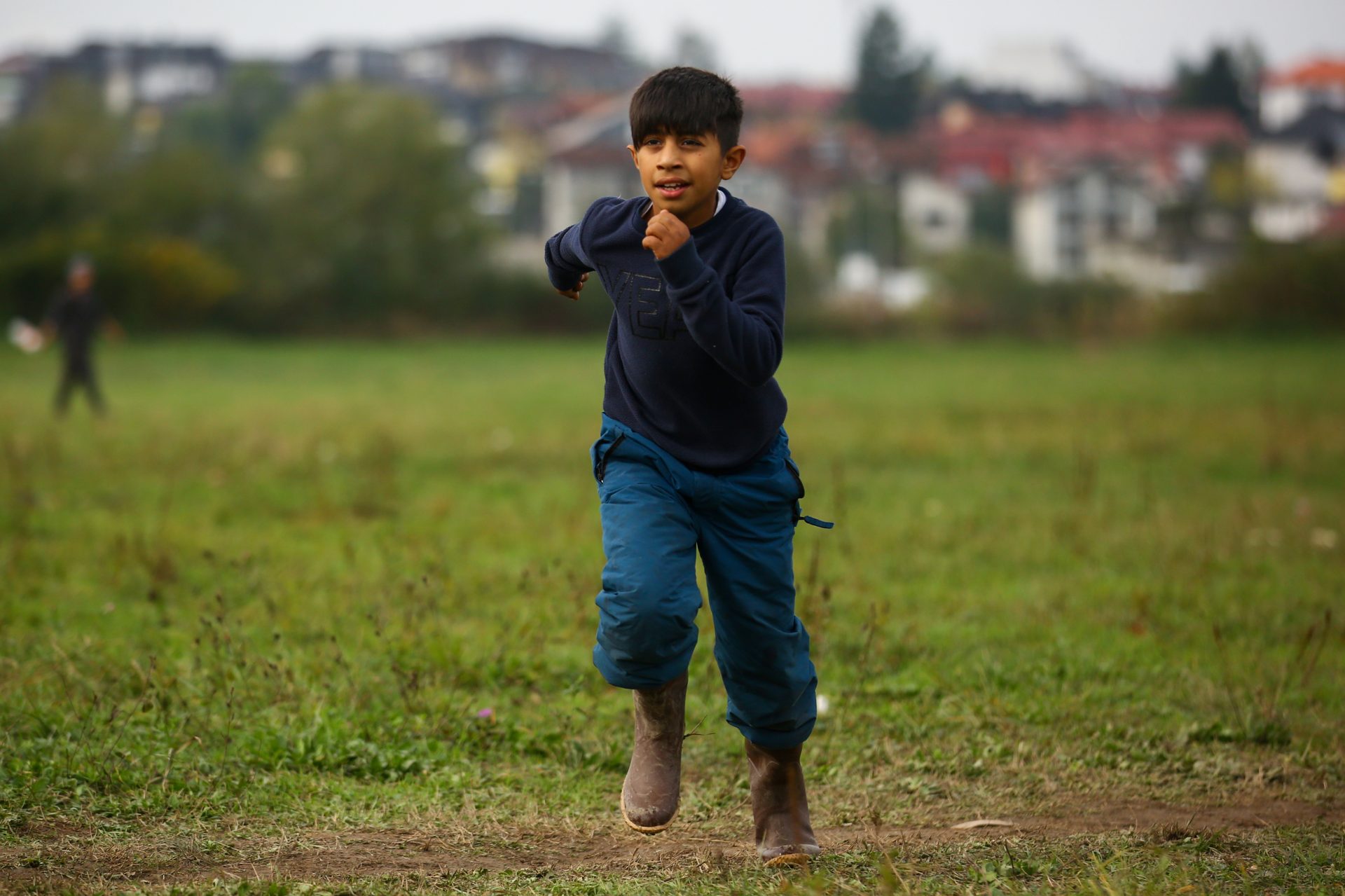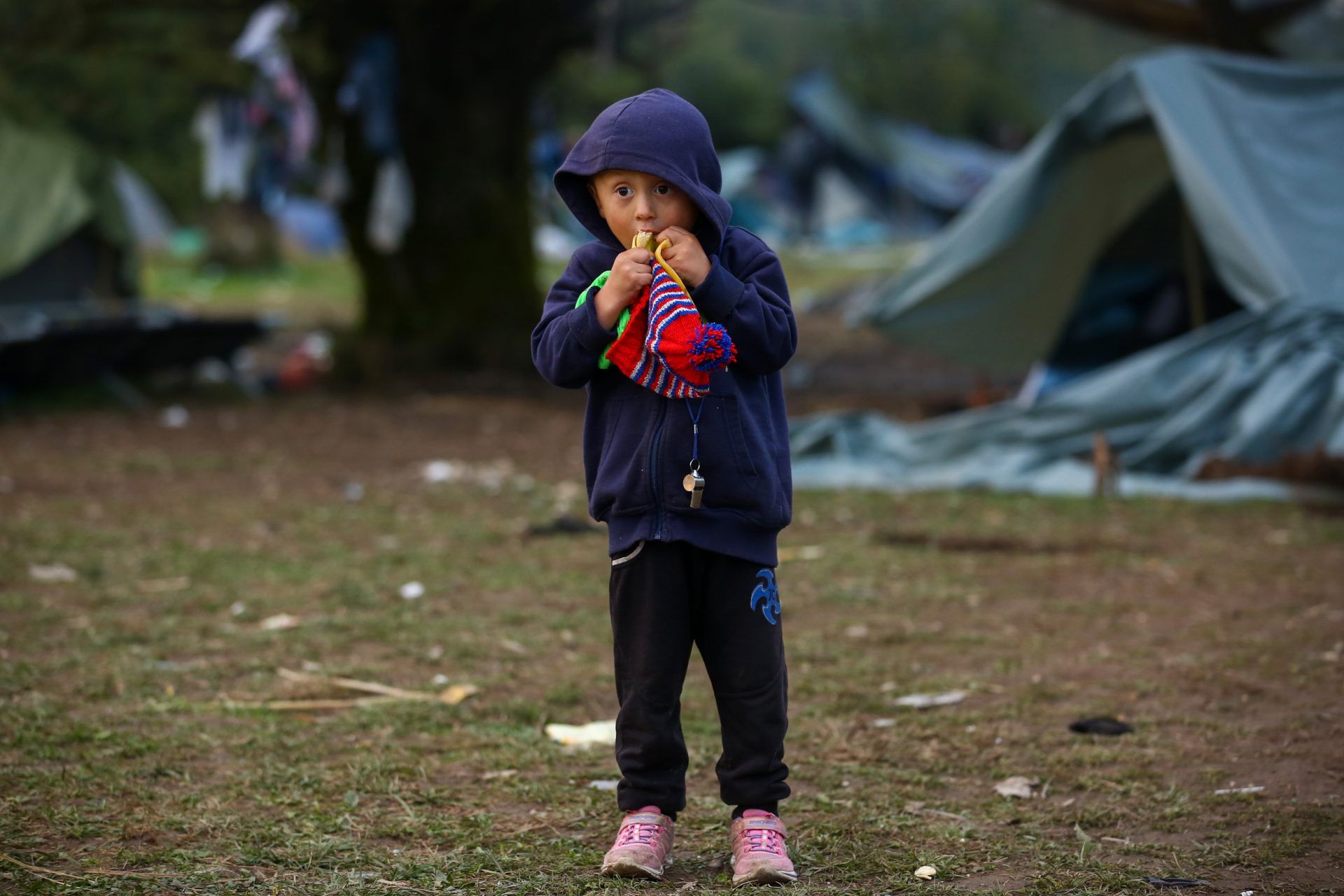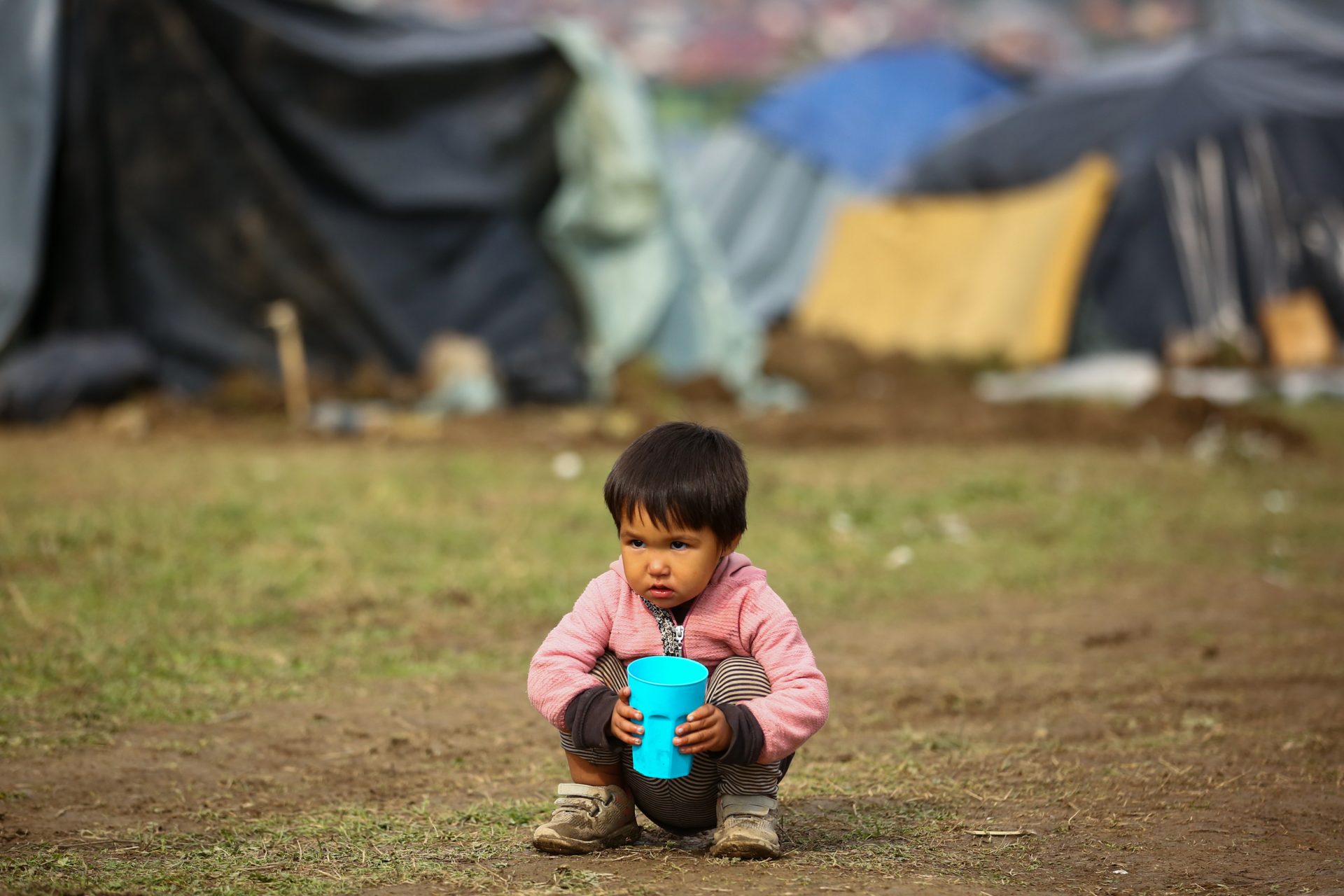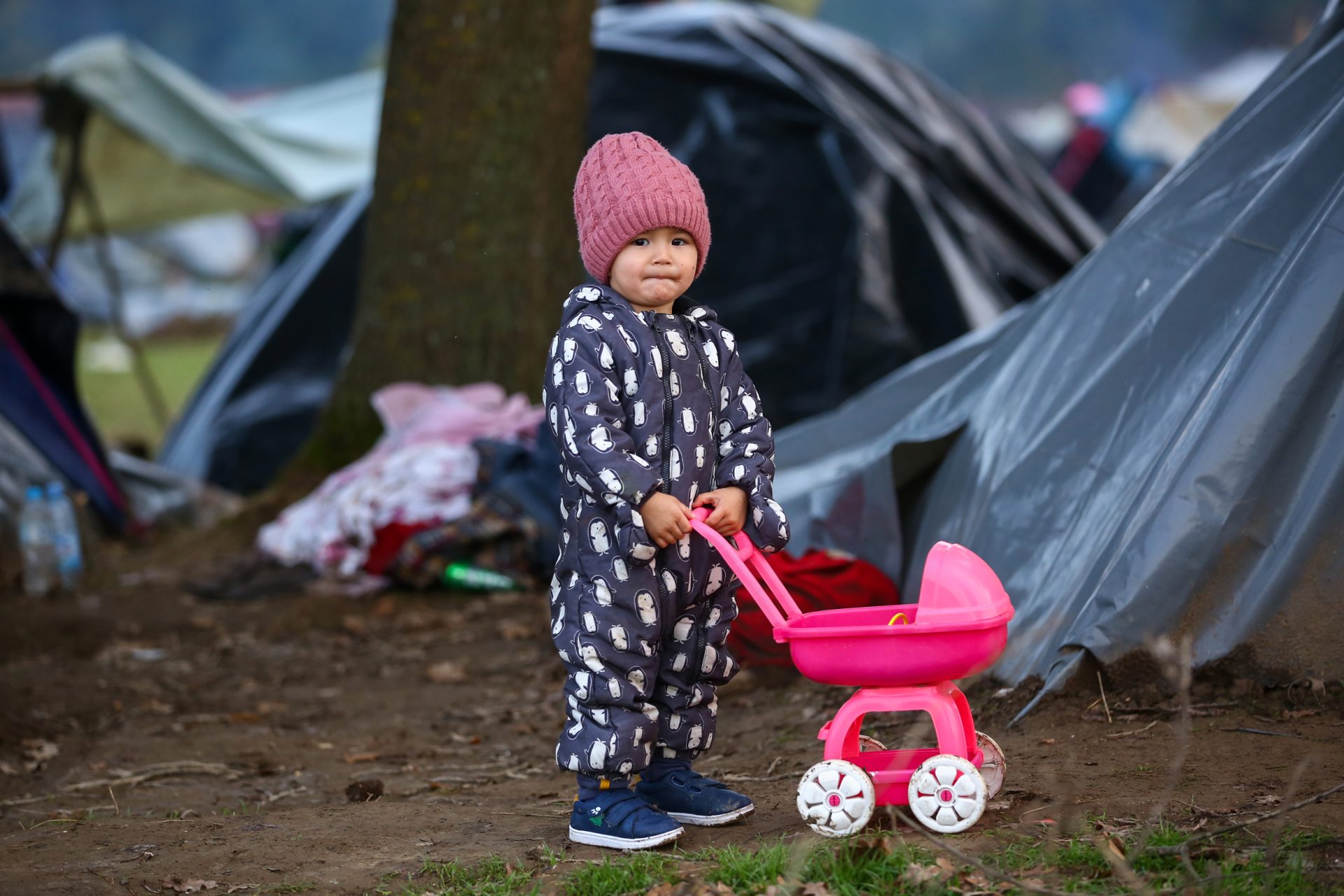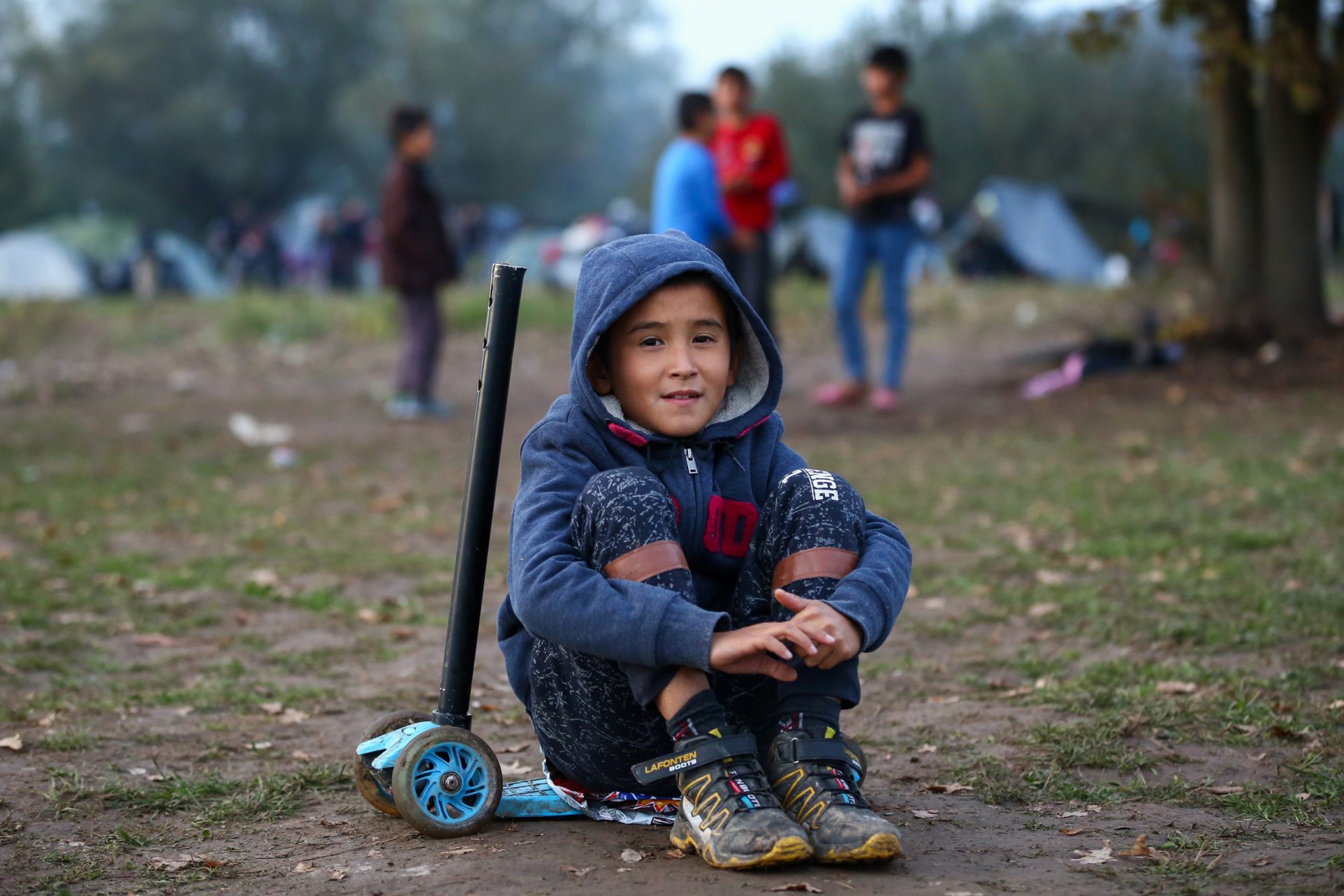Children
Their toys brighten the muddy field and their cries at play fill the air. So, increasingly, do their coughs at night.
Dozens of children, from months-old babies to young teenagers, are camping out with their families in northwestern Bosnia, awaiting their chance to slip across the Croatian border and migrate on toward Western Europe.
Across a wide field dotted with makeshift tents, toddlers could be seen clinging to their toys on a cold fall morning. Some children wandered outside, while teenagers helped their families by bringing in water and food.
The smaller ones likely have been on the road since they were born. Migrants usually spend years moving from country to country, and women often give birth in camps.
The hope of better futures for their children is a main driver for people fleeing violence and poverty in the Middle East, Africa and Asia.
Most of the children at the camp near the Bosnian town of Velika Kladusa were doing what should be — playing.
A small girl wearing a winter suit and a pink woolen cap pushed a pink toy trolley, while a slightly older, wide-eyed girl hugged her plush gray toy dog. Boys played marbles and ran around joyfully, despite the uncertainties ahead of them.
Migrants set up the camp several weeks ago to be near the border of Croatia, a European Union member. There’s no running water, electricity or lavatories, but the people living here refuse to go to organized camps several kilometers (miles), saying they are too far from the border.
Aid groups are particularly worried about the children staying out in the cold without proper facilities. Many have already developed sore throats or other symptoms of colds, along with skin problems, doctors say.
“Most of the children need to be checked by a doctor.” said Ismet Sabic, a medical worker from the humanitarian group SOS Balkanroute that has been helping migrants in the camp.
Enver Hafuric, also from the SOS group, warned that the situation could get worse in coming weeks as the children sleep in the open.
“Here in Bosnia, winters are disastrously cold,” he said.
